Step into the realm of crossword puzzles, where the “Give a Bad Review Crossword” takes center stage. This guide delves into the intricacies of crossword clues, offering a comprehensive exploration of their purpose, structure, and the pitfalls to avoid when crafting them.
Prepare to embark on a journey that will transform you into a crossword clue writing extraordinaire.
As we navigate the nuances of crossword clues, we will uncover the secrets of creating clear, concise, and engaging puzzles that challenge and delight solvers. From understanding the role of editors to exploring the future of crossword clue writing, this guide has it all.
So, grab your pencil and prepare to elevate your crossword game to new heights.
Give a Bad Review Crossword
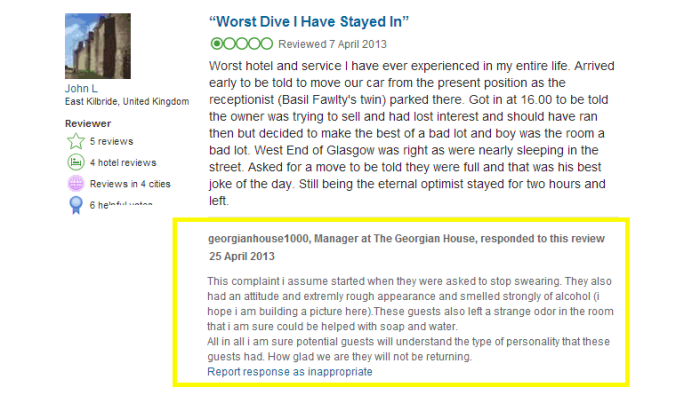
Crossword puzzles are word games that test your knowledge of vocabulary and general trivia. They consist of a grid of squares, some of which are blacked out. The goal is to fill in the white squares with letters to form words that fit the clues given.
Crossword clues can be of different types, including:
Definition Clues
- These clues simply define the answer.
- For example, “A type of dog” could be the clue for “POODLE”.
Synonym Clues
- These clues provide a synonym for the answer.
- For example, “A word for ‘happy'” could be the clue for “JOYFUL”.
Antonym Clues
- These clues provide an antonym for the answer.
- For example, “The opposite of ‘hot'” could be the clue for “COLD”.
Homophone Clues
- These clues use words that sound the same but have different spellings and meanings.
- For example, “A deer or a musical note” could be the clue for “FAWN”.
Anagram Clues
- These clues provide a scrambled version of the answer.
- For example, “Rearrange these letters to form a type of animal: TEOC” could be the clue for “OCELOT”.
Common Elements of Bad Crossword Clues
Crossword clues are meant to provide hints to solvers, but sometimes they can be vague, ambiguous, or just plain confusing. Here are some common elements of bad crossword clues:
Vague or Ambiguous Clues
Vague or ambiguous clues don’t give solvers enough information to figure out the answer. For example, a clue like “A type of bird” could refer to any number of different birds, making it difficult to guess the correct answer.
Puns or Wordplay
Puns or wordplay can be clever, but they can also be confusing if they’re not used carefully. For example, a clue like “What do you get when you cross a cow and a tree?” might lead solvers to guess “beefwood,” but the correct answer is actually “a wooden cow.”
Obscure or Specialized Knowledge
Clues that rely on obscure or specialized knowledge can be frustrating for solvers who don’t have that knowledge. For example, a clue like “The name of the first emperor of the Ming dynasty” would be difficult for someone who doesn’t know much about Chinese history.
Designing Effective Crossword Clues
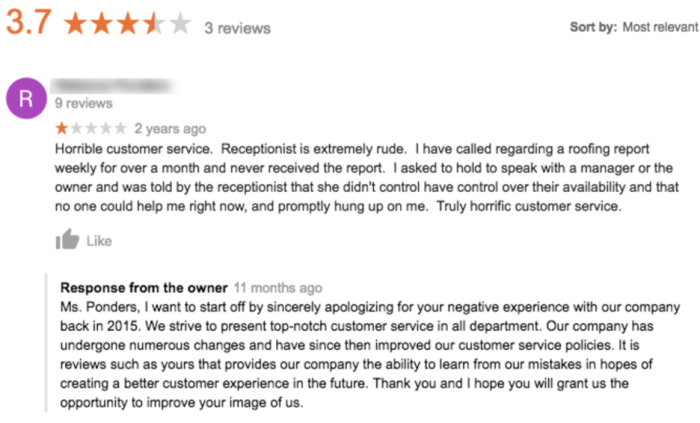
Creating effective crossword clues is crucial for crafting engaging and enjoyable puzzles. Clear and concise clues enhance the solver’s experience, while accurate and specific language ensures that the intended answers are unambiguous.
The judicious use of wordplay and puns can add a touch of humor and challenge to clues. However, it’s essential to strike a balance to avoid overly obscure or confusing constructions.
Using Accurate and Specific Language
Accuracy and specificity are paramount in crossword clues. Each clue should provide enough information to lead the solver to the correct answer without being overly revealing.
It can be frustrating to get a bad review on a crossword puzzle, but it’s important to remember that everyone has different opinions. If you’re looking for some help with your next crossword, check out this dna task cards answer sheet . It has all the answers to the most common crossword clues.
- Avoid using vague or ambiguous terms that could lead to multiple interpretations.
- Be precise in your language, using specific nouns, verbs, and adjectives to narrow down the possible answers.
- Ensure that the clue accurately describes the answer, avoiding misleading or irrelevant information.
Examples of Well-Written Crossword Clues
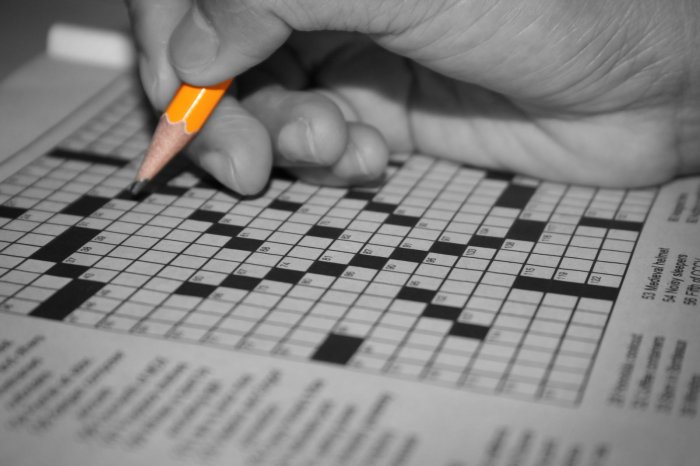
Crafting well-written crossword clues is an art that requires a balance of challenge and fairness. Effective clues provide just enough information to guide solvers without giving away the answer too easily. Here are some examples of well-written clues that showcase different techniques:
Anagrams
- A jumbled mess of letters (5)
- Rearrange “act” to make a legal document (5)
Anagram clues require solvers to rearrange letters to form a new word or phrase. The first example simply hints at the anagram, while the second provides a specific word to be rearranged.
Charades
- Action taken by a king (4)
- A play on words (5)
Charade clues describe an action or concept in multiple parts. The first example refers to the game of chess, while the second hints at a pun.
Homophones
- Sounds like a place to park (4)
- A type of boat that’s also a musical instrument (4)
Homophone clues use words that sound the same but have different meanings. The first example refers to the word “lot,” while the second hints at the word “lute.”
The Role of Editors in Crossword Creation
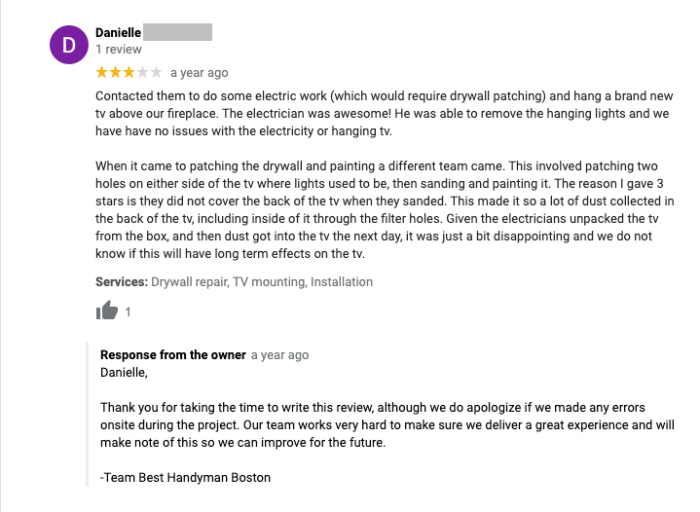
Crossword editors play a crucial role in ensuring the quality and fairness of crossword puzzles. They review and approve clues, ensuring they are clear, accurate, and challenging.
Editors use several criteria to evaluate clues, including:
- Clarity:Clues should be easy to understand and interpret.
- Accuracy:Clues should provide accurate information about the answer.
- Fairness:Clues should not be overly difficult or obscure.
- Originality:Editors encourage fresh and innovative clues that avoid common crosswordese.
Improving Crossword Quality
Editors can improve the quality of crossword puzzles by:
- Providing feedback to constructors:Editors offer constructive criticism and suggestions to help constructors improve their clues.
- Enforcing standards:Editors ensure that puzzles meet certain quality standards before publication.
- Promoting diversity:Editors seek to include a variety of clue styles and topics to appeal to a wide range of solvers.
Best Practices for Writing Crossword Clues
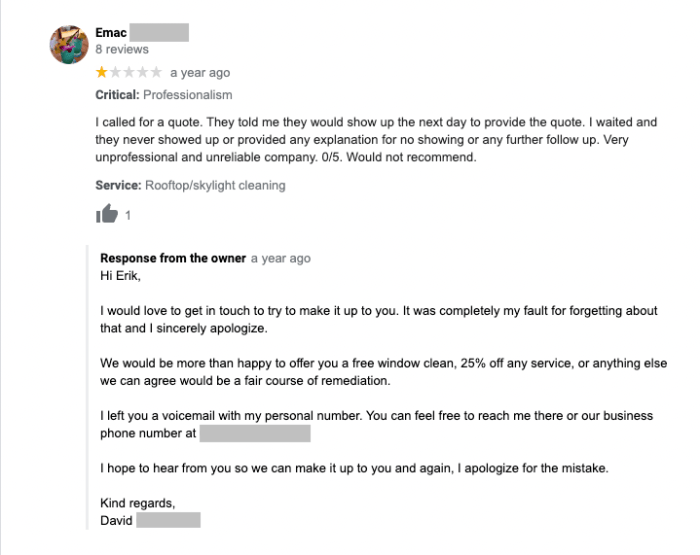
To craft engaging and solvable crossword clues, writers should adhere to certain best practices. Understanding the target audience, utilizing research and reference materials, and employing precise and concise language are key elements in creating clues that both challenge and delight solvers.
Considering the Target Audience
Understanding the target audience is crucial. Clues should be tailored to their level of crossword experience, knowledge base, and interests. Consider the solver’s familiarity with specific topics, cultural references, and obscure vocabulary.
Utilizing Research and Reference Materials
Research and reference materials are invaluable tools for clue writers. Consulting dictionaries, encyclopedias, and specialized sources ensures accuracy and expands the pool of potential clues. Verifying facts and cross-checking information enhances the credibility and reliability of the clues.
Precision and Conciseness
Effective crossword clues are precise and concise. Avoid vague or ambiguous language that could lead to multiple interpretations. Strive for clarity and directness, using only the necessary words to convey the intended meaning.
Crossword Clues in Different Languages
Crosswords are not confined to the English language. They exist in many languages around the world, each with its own unique set of conventions and challenges.
Translating Crossword Clues
Translating crossword clues from one language to another is not a straightforward task. The translator must not only be fluent in both languages but also have a deep understanding of the cultural context of each language. For example, a clue that relies on a pun or a specific cultural reference may not make sense when translated literally.
The Future of Crossword Clues
The future of crossword clues is bright. As technology advances, new possibilities for clue writing and solving are emerging. Crosswords are likely to become more interactive and engaging, with solvers able to use technology to help them solve puzzles.
One emerging trend in crossword clue writing is the use of more visual clues. These clues may include images, videos, or other multimedia elements. Visual clues can be more challenging to solve than traditional text-based clues, but they can also be more rewarding.
They can also help to make crosswords more accessible to a wider audience, including people who may not be native English speakers.
Another trend in crossword clue writing is the use of more interactive clues. These clues may require solvers to interact with the puzzle in some way, such as by clicking on a link or entering a code. Interactive clues can be more engaging than traditional clues, and they can also help to make crosswords more challenging.
Technology in Clue Creation and Solving
Technology is also playing a role in the future of crossword solving. There are now a number of apps and websites that can help solvers to solve puzzles. These tools can provide hints, check answers, and even generate entire puzzles.
Technology is also making it easier for people to create their own crosswords. There are now a number of software programs that can help users to create and publish their own puzzles.
Predictions about the Future of Crossword Puzzles, Give a bad review crossword
Crosswords are likely to continue to evolve in the future. As technology advances, new possibilities for clue writing and solving will emerge. Crosswords are likely to become more interactive and engaging, with solvers able to use technology to help them solve puzzles.
Crosswords are a classic puzzle that has been enjoyed by people for centuries. They are a great way to exercise your brain and have some fun. As technology advances, crosswords are likely to become even more popular and accessible.
FAQ Overview
What are the common elements of bad crossword clues?
Vague or ambiguous wording, confusing puns or wordplay, and reliance on obscure or specialized knowledge can all contribute to bad crossword clues.
What are the best practices for writing crossword clues?
Use clear and concise language, avoid excessive wordplay, and consider the target audience and their knowledge base.
What is the role of editors in crossword creation?
Editors review and approve crossword clues, ensuring they meet standards of clarity, fairness, and accuracy.